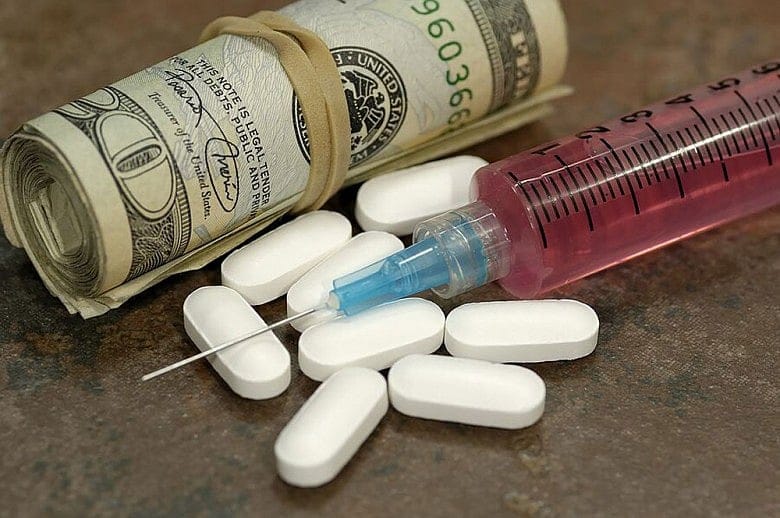Massachusetts

Heroin and heroism

"And all the politicians makin' crazy sounds
And everybody puttin' everybody else down

